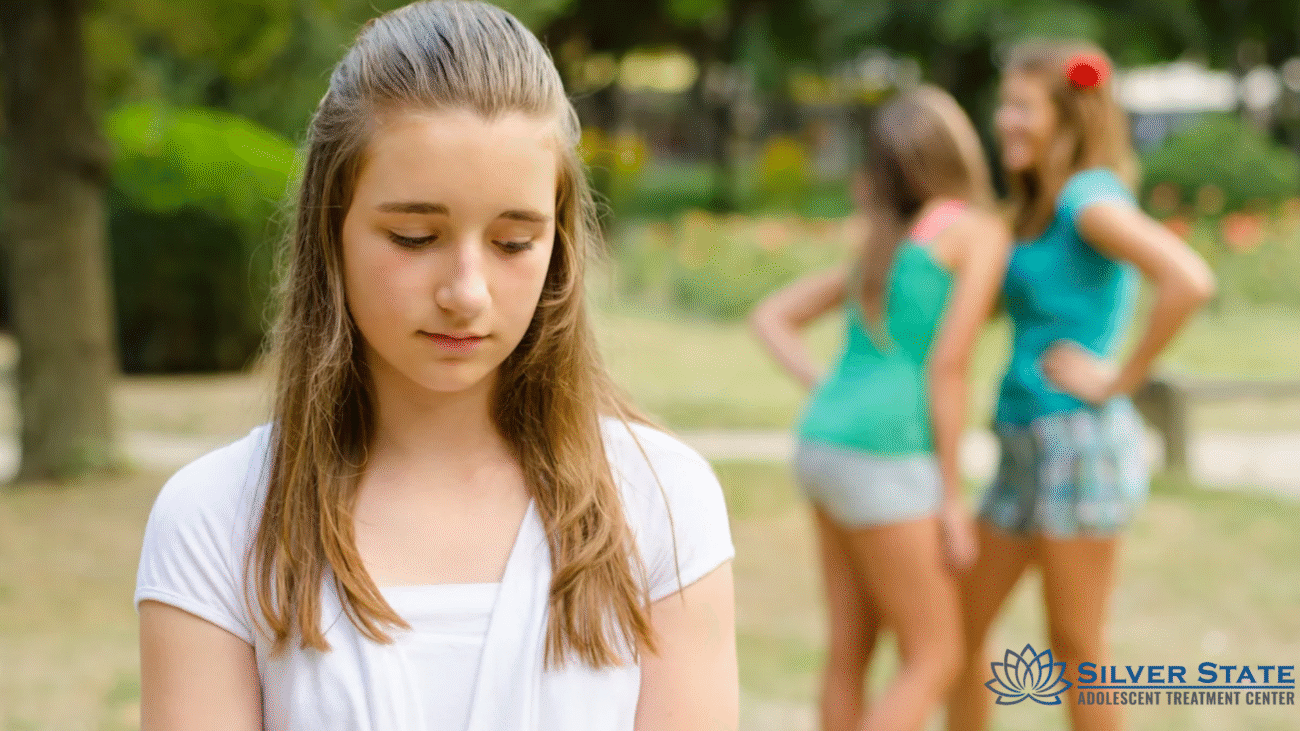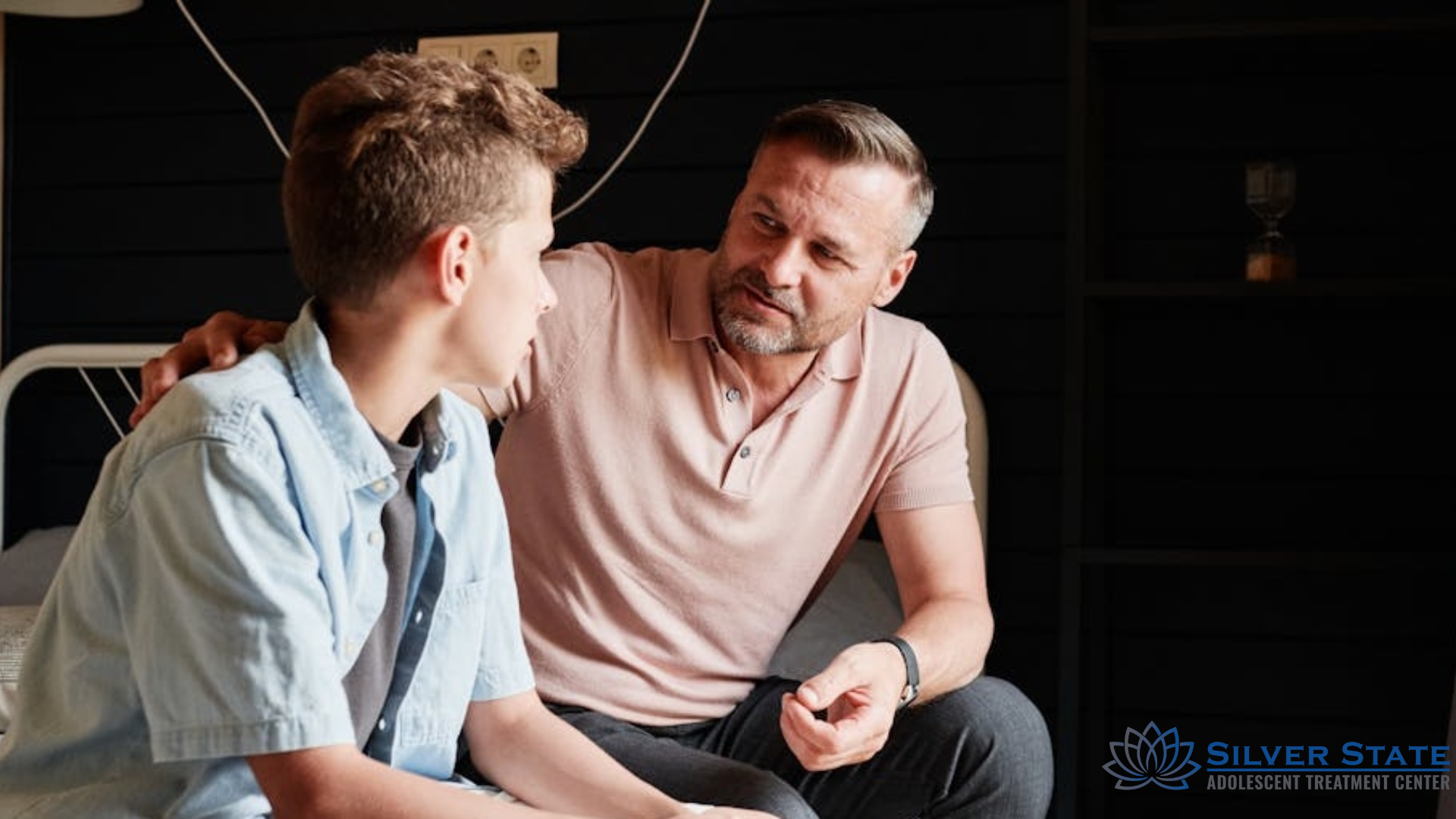Friendship Struggles In Teens Coping With Marijuana Use During Inpatient Rehab Mental Health

Table of Contents
Key Takeaways
- Teenagers in inpatient rehab mental health programs often have trouble keeping their friends while they get better.
- People who smoke marijuana may find it harder to trust, talk to, and do things with their friends.
- Therapy and group sessions teach teens how to deal with their cravings and emotional issues and make new friends.
- People can stay strong and build healthy relationships over time with the help of structured care, professional advice, and networks of people who care about them.
Introduction
Teenagers need friends to help them learn about themselves, how sure they are of themselves, and where they fit in. But when smoking marijuana starts to hurt mental health, these friendships may change in ways that are hard to understand. Teenagers in inpatient rehab for mental health programs who use drugs often have to deal with how their friends affect them, learn how to say no, and cope with the feeling of being alone.
One of the hardest things about getting better is maintaining friendships while you do it. Cannabis can alter your thoughts, emotions, and decision-making processes. This can cause problems and make you lose touch with your friends. However, teens can learn better ways to deal with their friends and initiate a healing process that will last for a long time with the help of professionals and structured recovery settings.

How does smoking marijuana affect how teens get along with each other?
Teens who smoke marijuana may have trouble controlling their emotions and making choices, which can hurt their friendships. According to the CDC’s report on cannabis and teens, frequent marijuana use is linked to poor academic performance, memory problems, and higher risks of depression and anxiety. For friends, this could mean not trusting each other, getting into fights, or staying away from one another.
Teens might also hang out with peers who want them to use substances instead of friends who want them to focus on healthier activities. These connections may seem supportive at the time, but they often make unhealthy habits worse. This makes having supportive friendships even more important in recovery.
Why do people test their friendships when they are getting better?
You often have to leave your friends and family behind when you go into an inpatient program. Teenagers might feel left out or worry about losing touch with friends who aren’t in treatment. Some peers may also struggle to understand or accept the rules the teen needs to follow to recover.
The CDC’s findings on cannabis and mental health show that marijuana can worsen anxiety and mood swings, making it harder to communicate and feel connected. This can be tough, but inpatient settings give teens time to focus on recovery without peer pressure. Over time, true friends often rebuild trust and remain supportive.
How does therapy help people reconnect with their friends?
A significant part of recovery involves reconnecting with others in healthy ways. Therapy programs help teens learn how to communicate effectively, set boundaries, and rebuild trust. Adolescents also learn how to cope with emotions without relying on substances.
Teen group therapy and other peer-focused activities allow teens to practice these skills with others facing similar challenges. This not only makes them feel less isolated but also helps them form new, healthier relationships.

How does rehab help teens feel better emotionally?
One of the hardest parts of recovery is managing emotional triggers linked to friendships. According to the CDC’s cannabis and brain health report, marijuana can affect focus, memory, and motivation. These changes may cause conflicts with friends and fuel self-doubt.
Therapy teaches healthier coping tools such as mindfulness, journaling, and cognitive behavioral techniques. These skills empower teens to deal with rejection, manage stress, and build confidence without turning to substances. Over time, they learn that honesty and mutual respect can strengthen friendships.
How does help from your community support recovery?
Teenagers in rehab need to feel they are not alone. In treatment, they are encouraged to seek help from counselors, peers, and family members. A supportive community not only offers hope but also builds accountability.
Real-life experiences, like the YouTube video mentioned below, show teens how therapy and supportive friendships can guide them toward recovery. These stories highlight the rewarding experience of replacing substance-driven connections with meaningful, healthy relationships.
Conclusion
Teenagers who smoke marijuana can put a lot of stress on their friendships, leading to conflict, distance, and loneliness. With the help of structured programs and professional guidance, adolescents can develop healthier and stronger relationships. Through therapy, group support, and resilience-building, they gain lifelong skills to manage friendships while protecting their mental health.
Silver State Adolescent Treatment can help if your teen is struggling with marijuana use. With specialized care, your family can begin healing together. Call 725-525-9897 today to connect with a team that understands.
FAQs
What does smoking marijuana do to teens’ friendships?
It often causes fights, lowers trust, and pushes teens toward peers who engage in risky behaviors.
Why is it hard for teens to make friends when they’re in rehab?
It can be tough to step away from old friends, but it gives teens time to focus on recovery.
Can therapy help teens get back with their friends?
Yes. Therapy helps teens build honesty, set healthy limits, and find supportive friends.
What role does group therapy play in helping people improve?
By sharing experiences in group therapy, teens learn empathy, accountability, and stronger communication.
Can teens make better friends after they get help?
Yes. With the right support, teens often develop deeper and more meaningful connections than before recovery.
Resources
- Centers for Disease Control and Prevention. “Cannabis and Teens.” Cannabis and Public Health, U.S. Department of Health & Human Services, 15 Feb. 2024, https://www.cdc.gov/cannabis/health-effects/cannabis-and-teens.html.
- Centers for Disease Control and Prevention. “Cannabis and Mental Health.” Cannabis and Public Health, U.S. Department of Health & Human Services, 15 Feb. 2024, https://www.cdc.gov/cannabis/health-effects/mental-health.html.
- Centers for Disease Control and Prevention. “Cannabis and Brain Health.” Cannabis and Public Health, U.S. Department of Health & Human Services, 15 Feb. 2024, https://www.cdc.gov/cannabis/health-effects/brain-health.html.

